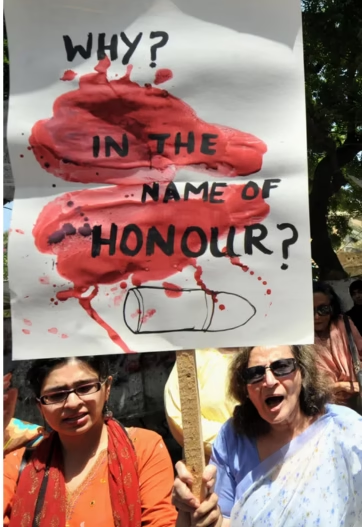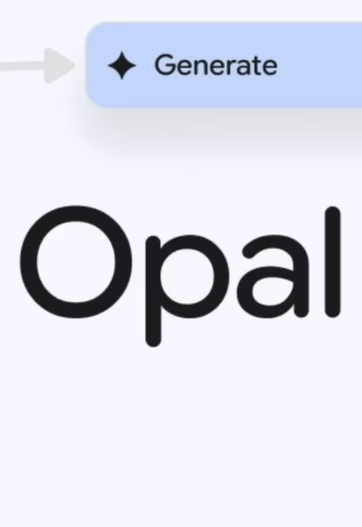US-UK-France Warning: Iran Threatens Retaliation

US-UK-France warning comes as Tehran vows retaliation against Western forces. Iran declared it will strike American, British and French assets if they interfere with its attacks on Israel. This escalation follows Israel’s massive airstrikes on Iranian nuclear and military sites.
The Nuclear Talks Collapse
The US-UK-France warning coincides with failing diplomacy. Iran suspended nuclear negotiations, calling them “unjustifiable” after Israeli strikes. Foreign Minister Abbas Araqchi condemned ongoing talks while Israel continues “barbarous” attacks.
Key developments:
- Israel killed 9 nuclear scientists in precision strikes
- Iran’s Natanz and Isfahan facilities severely damaged
- 200+ Iranian missiles intercepted by Israel
- Civilian casualties reported on both sides
- https://whatshappening.pk/spiritual-balance-guide-the-perils-of-overindulgence/
Regional Escalation: How the US-UK-France Warning Changes Dynamics

This US-UK-France warning marks dangerous new phase. Gulf states urge de-escalation as oil prices spike 7%. Iran considers blocking Strait of Hormuz, threatening global oil supplies.
Critical impacts:
- Hezbollah and Hamas weakened after Gaza/Lebanon conflicts
- Western military assets now explicit targets
- Nuclear program setbacks could delay Iranian ambitions
Why This Matters
- Direct Iran-West confrontation risk increases
- Global energy markets destabilized
- Nuclear non-proliferation efforts collapse
- Regional proxy wars enter new phase
The US-UK-France warning shows conflict could rapidly expand beyond Israel-Iran hostilities. All sides continue posturing while civilians pay the price.
Conclusion: A Precarious Regional Standoff
The escalating tensions between Iran and Israel have reached a critical juncture, with the potential to draw global powers into direct confrontation. Recent developments underscore how quickly localized conflicts can spiral into wider regional instability, threatening not only Middle Eastern security but also global economic stability. The suspension of nuclear talks signals a breakdown in diplomatic channels, leaving military posturing as the primary language of engagement.
Civilian populations on both sides already bear the consequences, with reported casualties and disrupted livelihoods. The targeting of nuclear scientists and facilities represents a dangerous escalation that could set back non-proliferation efforts for years. Meanwhile, the specter of closed shipping lanes and energy market disruptions looms large, reminding the international community of the conflict’s far-reaching implications.
This crisis tests the limits of deterrence strategies and the effectiveness of red lines. As all parties maneuver carefully to avoid full-scale war while projecting strength, the risk of miscalculation grows exponentially. The coming days will reveal whether cooler heads can prevail to prevent further escalation, or whether the region stands on the brink of its most destructive confrontation in decades. Ultimately, sustainable peace will require rebuilding broken trust through dialogue rather than exchanging threats and counter-threats.
STAY UPDATED WITH THE LATEST NEWS. FOLLOW US ON OUR SOCIAL MEDIA CHANNELS:
INSTAGRAM: https://www.instagram.com/whatshappening.pk






WTC Final Victory: South Africa Ends 27-Year Drought - What's Happening
14th Jun 2025[…] US-UK-France Warning: Iran Threatens Retaliation […]